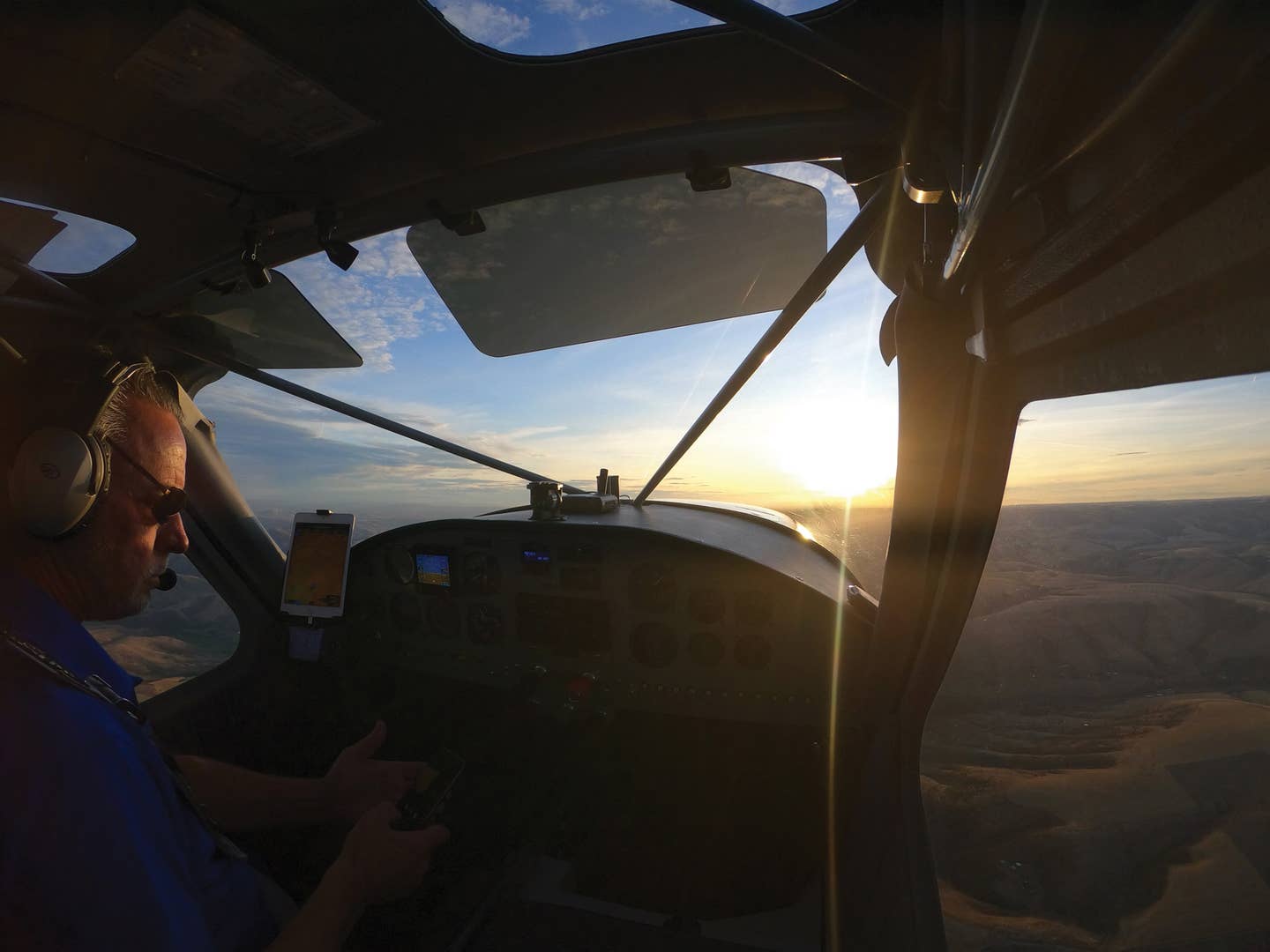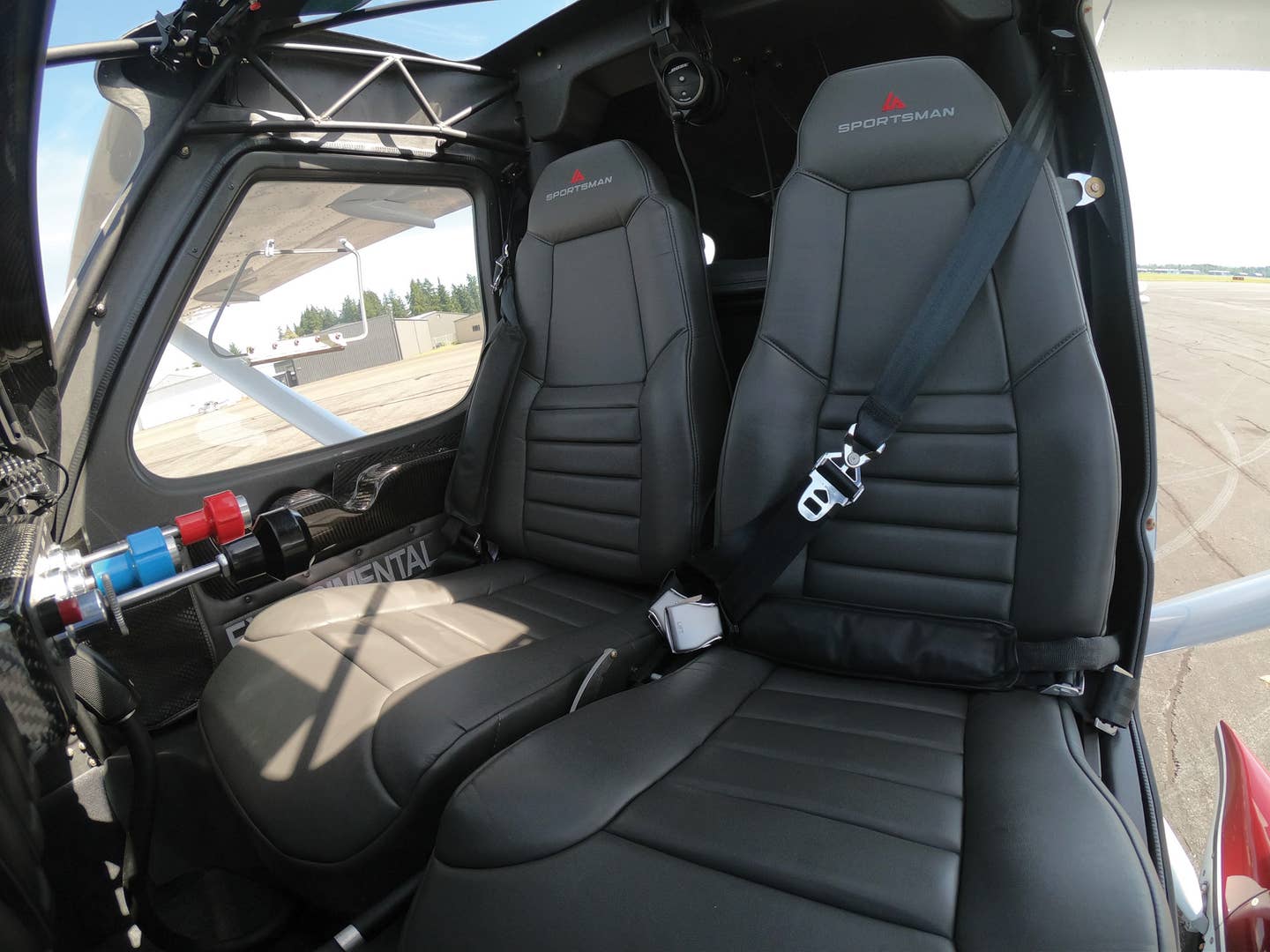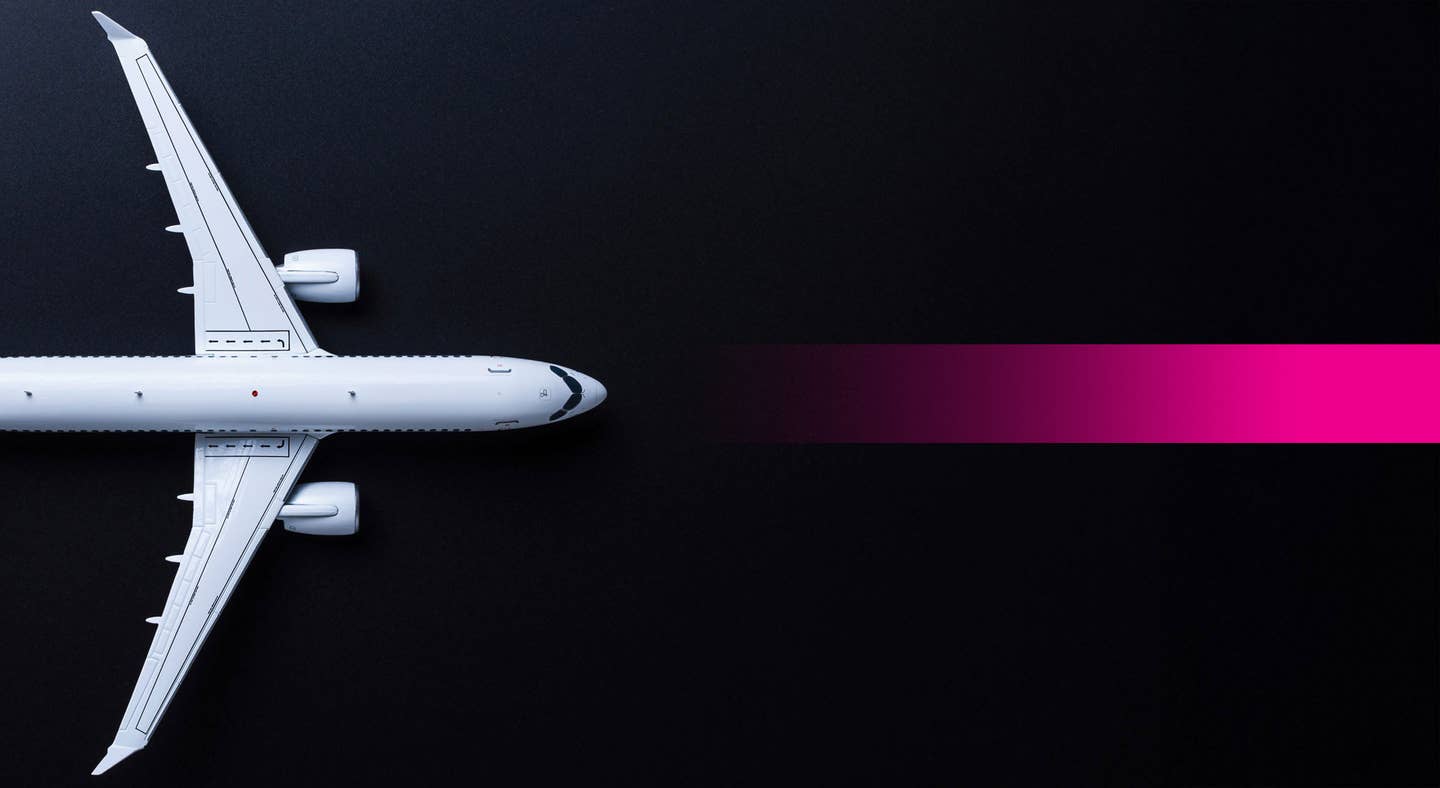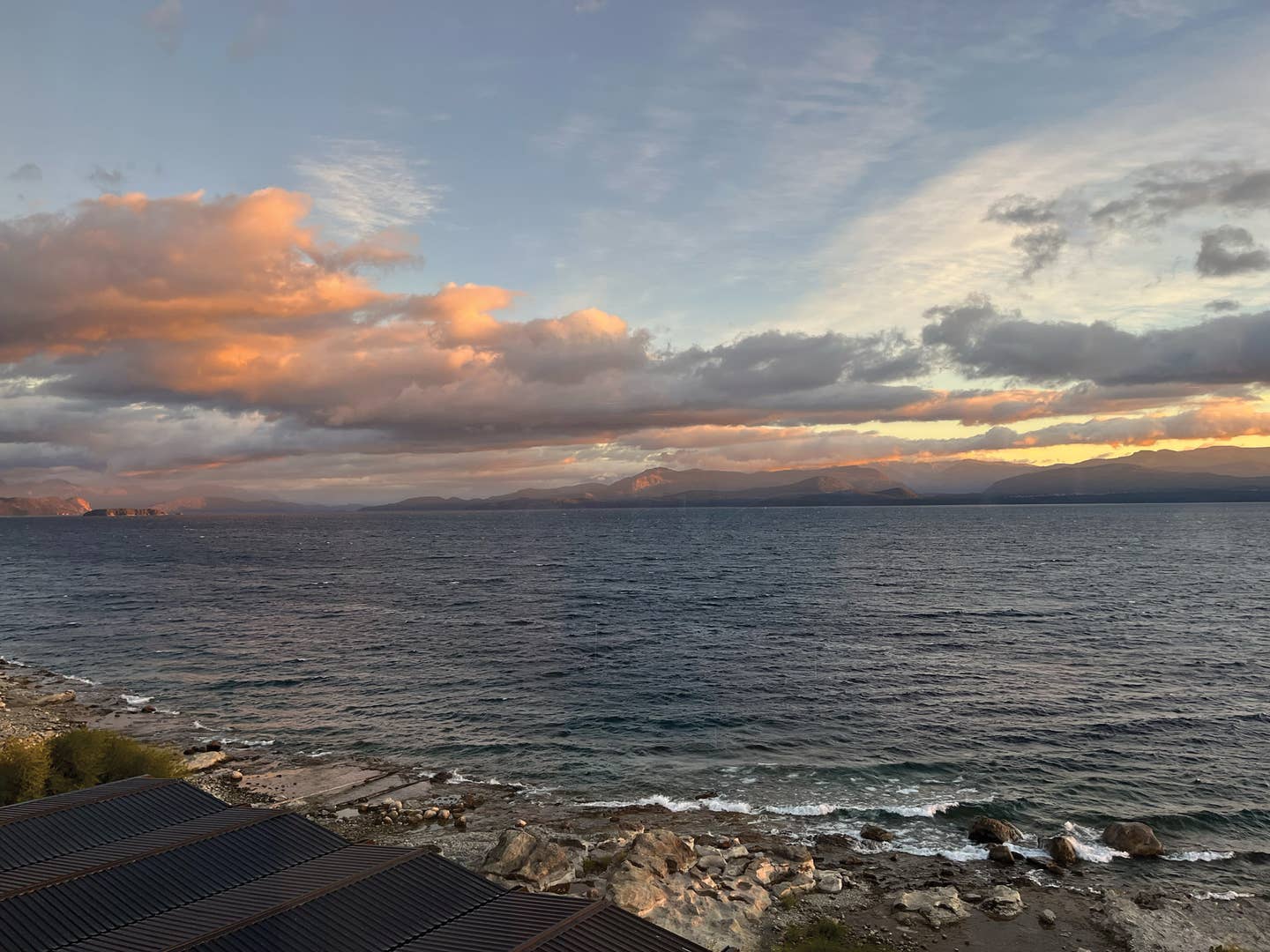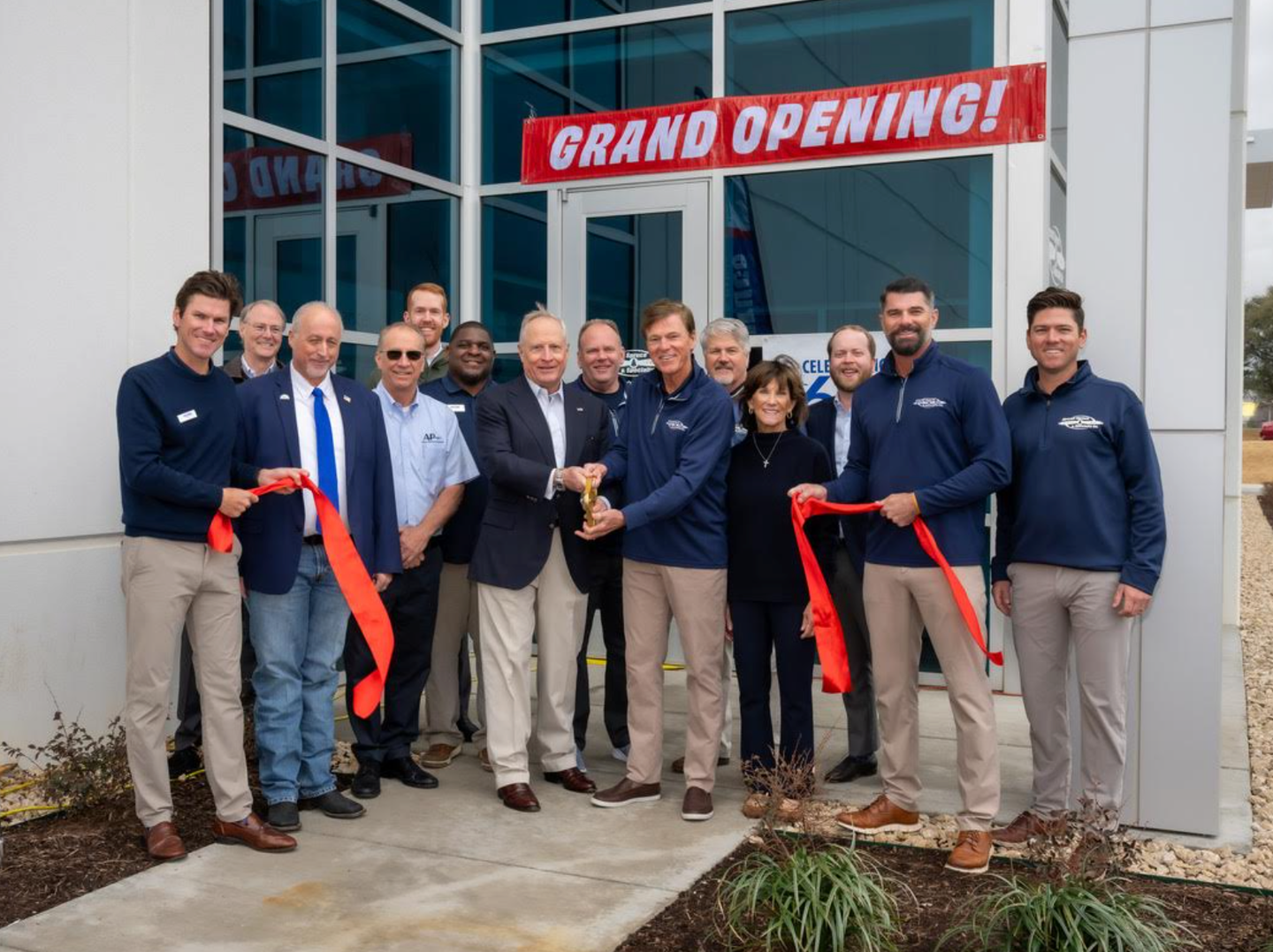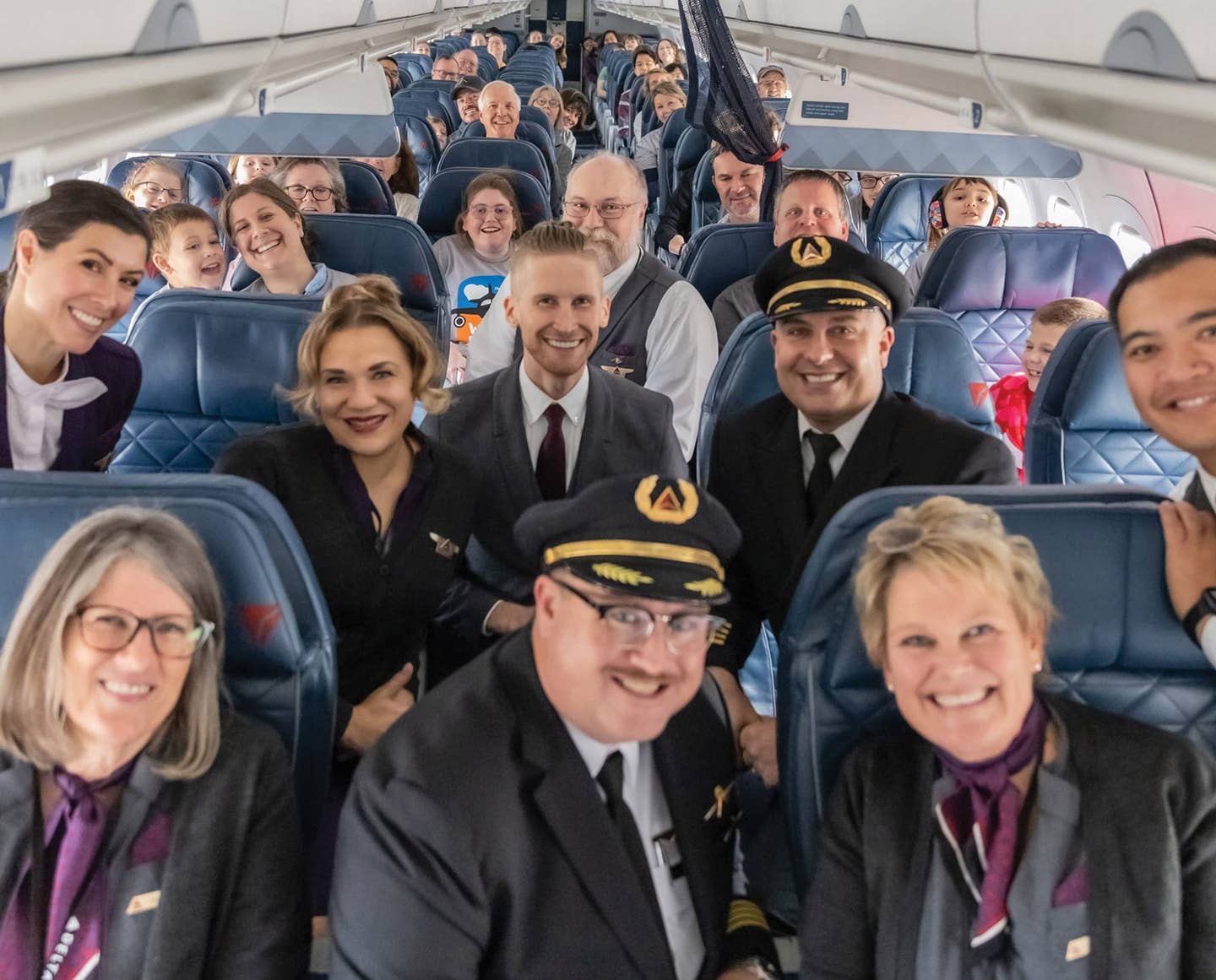Call Of The Heart
It was a desolate and alien place, looking more like a photo from Mars than any place that could be on this Earth. The vista stretched for miles in every…
It was a desolate and alien place, looking more like a photo from Mars than any place that could be on this Earth. The vista stretched for miles in every direction, a rock-strewn blanket of baking, undulating tan, brown and bone white scree.
As desolate as this vista was, so too appeared the lives of the meager few who lived there in scattered small settlements in places about as far from 20th century technology as one could get.
Mechanical things, made of metal and plastic of different colors, were rarely seen. There were no children's toys from Toys "R" Us, no bicycles, no rubber balls, no erector sets. The children were too busy gathering water from the town well, herding goats, scavenging for tin, wire and scrap iron. The women spend their lives scrounging for fire wood. Western technology wasn't second nature to these kids.
The buildings were all earthen or grass huts. Everything else was wood or cobbled-together junk from leftover worn-out machinery, much of it left over from the British colonial area of the early 1900s---Mad Max with donkeys in the 21th century.
It was in this strange place, with its exotic bizarre mix of cultures and alien vistas and norms that a connection as powerful as it was improbable happened. In this unlikely place, an essential element of humanity ambushed me from the shadows, showed itself in plain sight, touched my heart and opened my eyes to a fundamental truth.
Our arrival to this village in the middle of nowhere began with the ground support crew who, after two days of rugged cross-country trekking, arrived in three Land Rovers, with a truckload of avgas in 55-gallon drums, one English mechanic, and various tools, pumps and equipment.
The next day four pilots (one American, one Dutch, one Belgian and one Portuguese) arrived in four thundering radial powered airplanes.
Our thunder also brought echoes of European colonialism---apparent only to the careful observer as the subtle exclusion-dismissiveness by Westerners of our host nationals.
Old colonial monikers for the colonized abounded in the Euro/English lexicon. I learned the meaning and epistemology of some new words and saw and felt the vestigial wake of the colonial bullet we Americans dodged in 1776.
The hierarchy was, in order from the top, pilot, mechanic, ground crew, native labor.
From my perspective, the locals working on our project projected a subtle undercurrent of bewilderment pulsing just beneath a smiling veneer I read as eagerness to please. In the case of the local laborers, it was overt bewilderment with a veneer of consternation---each flight turnaround a repeat of the very first one---nothing learned; chaos and confusion with each landing and reload. The fundamental underpinnings of working around machinery---a childhood of playing with mechanical toys, the prep for later lessons in work skills---was missing.
Eight thousand miles away from the FAA, in a foreign-registered plane in the middle of nowhere, created a certain safe zone and gave us freedom to do victory rolls over the strip returning from the final sortie of each day.
One day the ground crew manager, a young man named Baheed, who spoke much better English than my Arabic, approached me, mildly apprehensive. He had a request. Considering the place, the culture, history and circumstances, it was a very bold request.
One of the laborers wanted a ride in the plane.
Sure! Of course. Why not? We stuffed ourselves into the one-seat Thrush. There's just enough room for a second person to sit with the left butt cheek on the right edge of the seat and the rest wedged up against the cockpit wall. No way to strap in.
We took off and did the requisite flyover of the village. He was clearly mesmerized. Then he looked at me---right in the eye---and with his hand, asked for a roll, a barrel roll. He grayed out as we bottomed out. As he came back around and with a smile that looked wider than his face, he asked for another, same drill, then another.
A bit pasty but with uncurbed enthusiasm, he gestured to land.
I was stunned. This guy was like me---at the core, deep inside where it matters. Called by the same inner yearning to fly, to be in the sky, to play in the sky. And this, with no cultural, economic or even practical pathway, experience or opportunity to even see an airplane, let alone fly in one. Against all odds the call of his heart drove him to ask, to push aside the hard, historical (and not inconsequential) barriers that social oppression and absolute poverty erected to fulfill the call from within. This wasn't a thrill ride for this guy---I looked into his eyes---this was a need I recognized.
I wish I could remember his name. I'll always remember our lives intersecting, this unlikely brother, his gift of awareness, his gratitude. I wish I had been able to give him as much as he gave me.
Lou Churchville is a commercial pilot, writer and marketing communications professional. He holds single and multi-engine land, instrument, glider and Certified Flight Instructor ratings.
Want more pilot perspectives? Check out our Contrails archive.

Subscribe to Our Newsletter
Get the latest Plane & Pilot Magazine stories delivered directly to your inbox

